Assassin may have killed Abe as revenge against religious group that bankrupted his mother

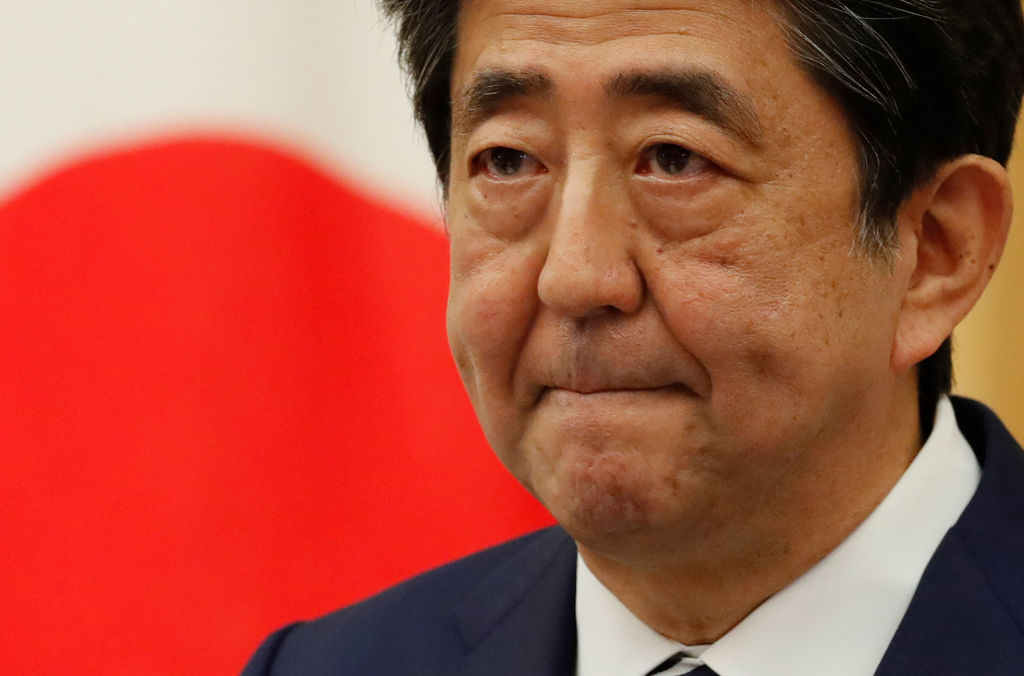
A free daily email with the biggest news stories of the day – and the best features from TheWeek.com
You are now subscribed
Your newsletter sign-up was successful
Tetsuya Yamagami, the man accused of assassinating former Japanese Prime Minister Shinzo Abe, was reportedly motivated by his hatred of the Family Federation for World Peace and Unification, also known as the Unification Church.
Members of the Unification Church are sometimes referred to by a pejorative colloquialism derived from the name of the group's founder — the Rev. Sun Myung Moon, who considered himself to be the second coming of Christ.
Yamagami allegedly resented the Unification Church because his mother, who is a member, had become bankrupt after making donations to the group, The Washington Post reported. Japanese police have said that Yamagami told them he was motivated by animosity toward the religious group he blamed for his mother's financial ruin, while a Tokyo-based representative confirmed on Sunday that Yamagami's mother was a member of the church.
The Week
Escape your echo chamber. Get the facts behind the news, plus analysis from multiple perspectives.

Sign up for The Week's Free Newsletters
From our morning news briefing to a weekly Good News Newsletter, get the best of The Week delivered directly to your inbox.
From our morning news briefing to a weekly Good News Newsletter, get the best of The Week delivered directly to your inbox.
Abe did not belong to the Unification Church, but he did give paid speeches at church-related events, and Unificationists formed a reliable voting bloc for Abe's Liberal Democratic Party.
A free daily email with the biggest news stories of the day – and the best features from TheWeek.com
Grayson Quay was the weekend editor at TheWeek.com. His writing has also been published in National Review, the Pittsburgh Post-Gazette, Modern Age, The American Conservative, The Spectator World, and other outlets. Grayson earned his M.A. from Georgetown University in 2019.
-
 Political cartoons for February 15
Political cartoons for February 15Cartoons Sunday's political cartoons include political ventriloquism, Europe in the middle, and more
-
 The broken water companies failing England and Wales
The broken water companies failing England and WalesExplainer With rising bills, deteriorating river health and a lack of investment, regulators face an uphill battle to stabilise the industry
-
 A thrilling foodie city in northern Japan
A thrilling foodie city in northern JapanThe Week Recommends The food scene here is ‘unspoilt’ and ‘fun’
-
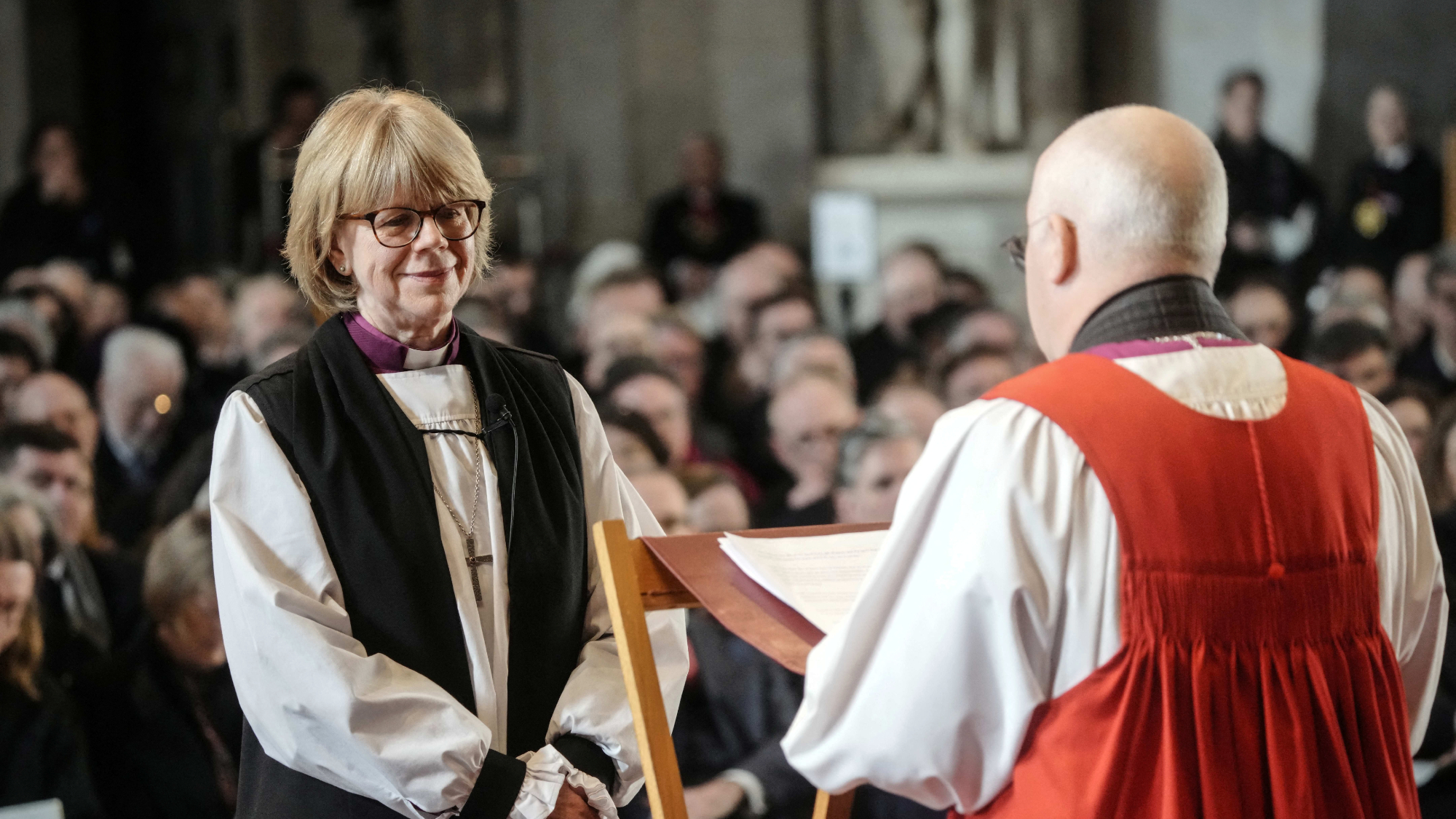 Church of England instates first woman leader
Church of England instates first woman leaderSpeed Read Sarah Mullally became the 106th Archbishop of Canterbury
-
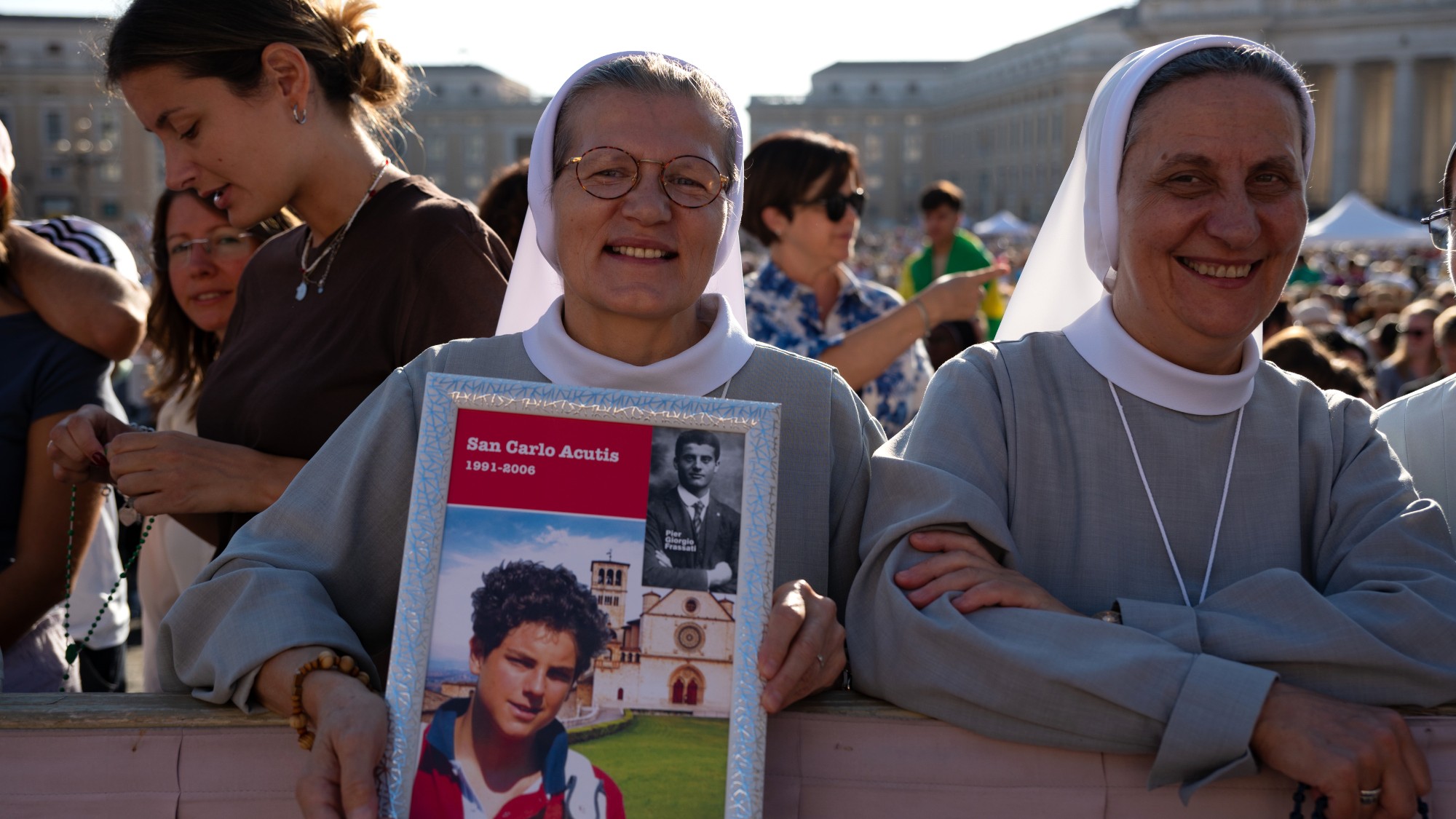 Pope Leo canonizes first millennial saint
Pope Leo canonizes first millennial saintSpeed Read Two young Italians, Carlo Acutis and Pier Giorgio Frassati, were elevated to sainthood
-
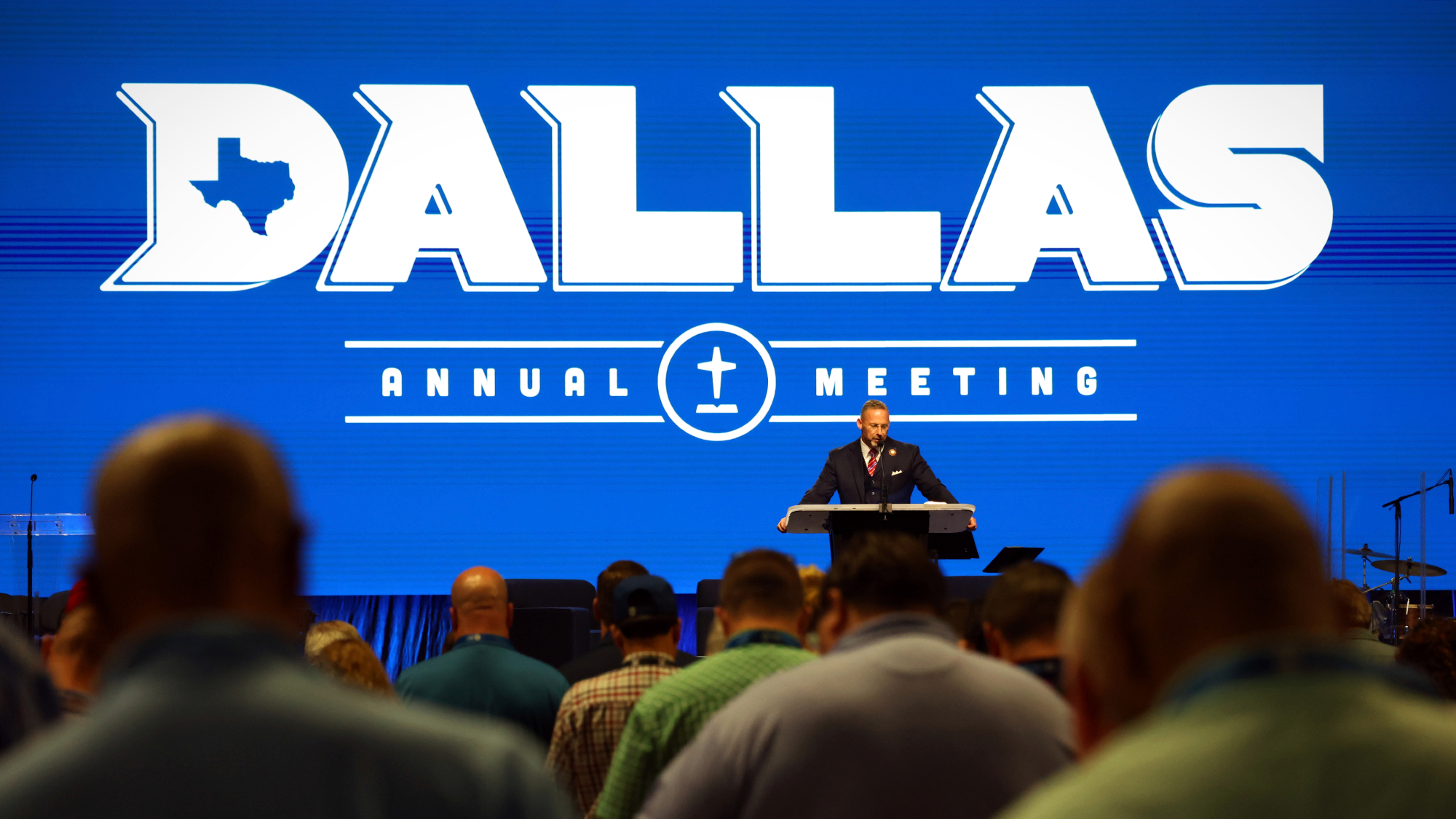 Southern Baptists endorse gay marriage ban
Southern Baptists endorse gay marriage banSpeed Read The largest US Protestant denomination voted to ban same-sex marriage and pornography at their national meeting
-
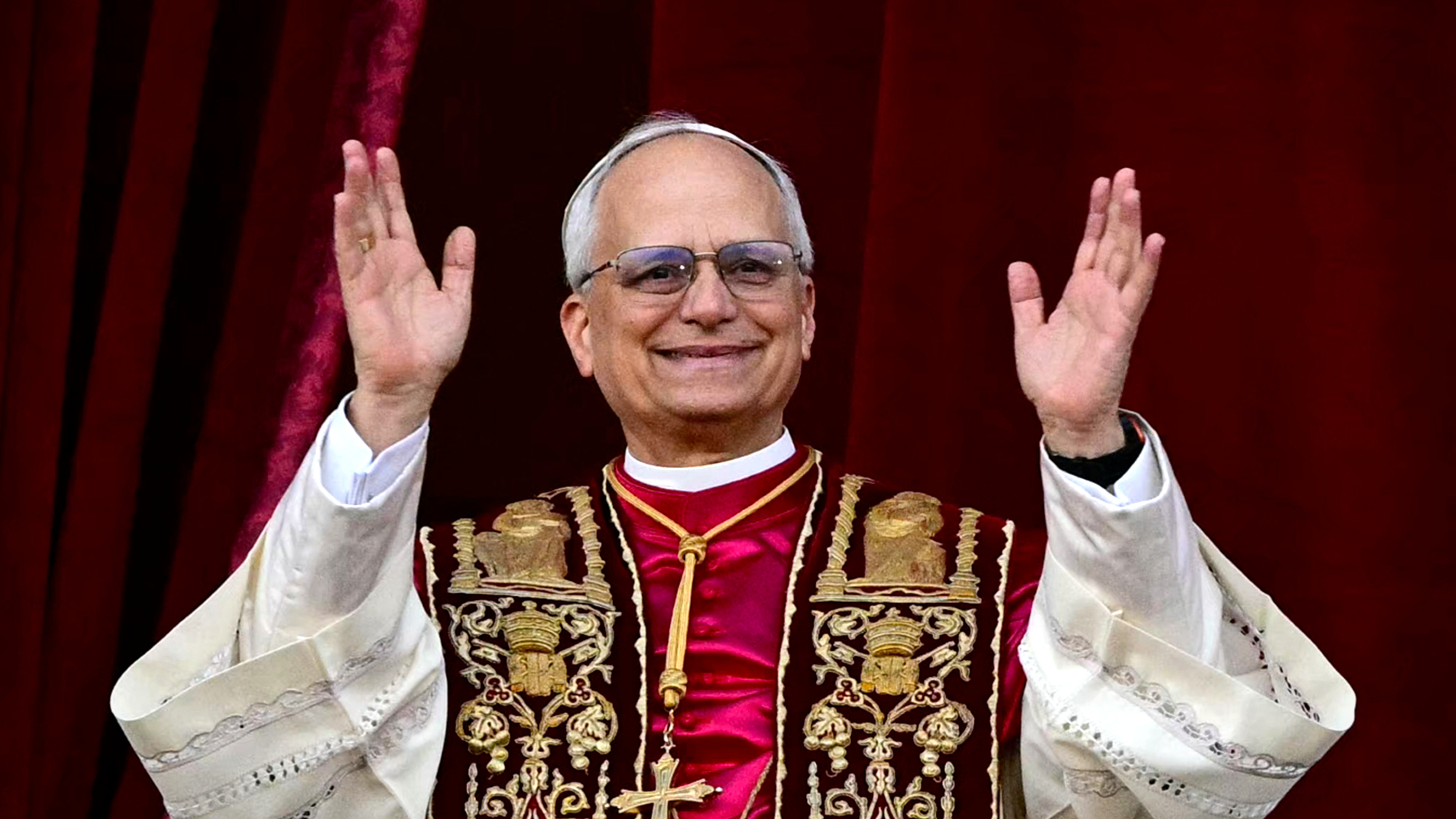 Prevost elected first US pope, becomes Leo XIV
Prevost elected first US pope, becomes Leo XIVspeed read Cardinal Robert Francis Prevost is a Chicago native who spent decades living in Peru
-
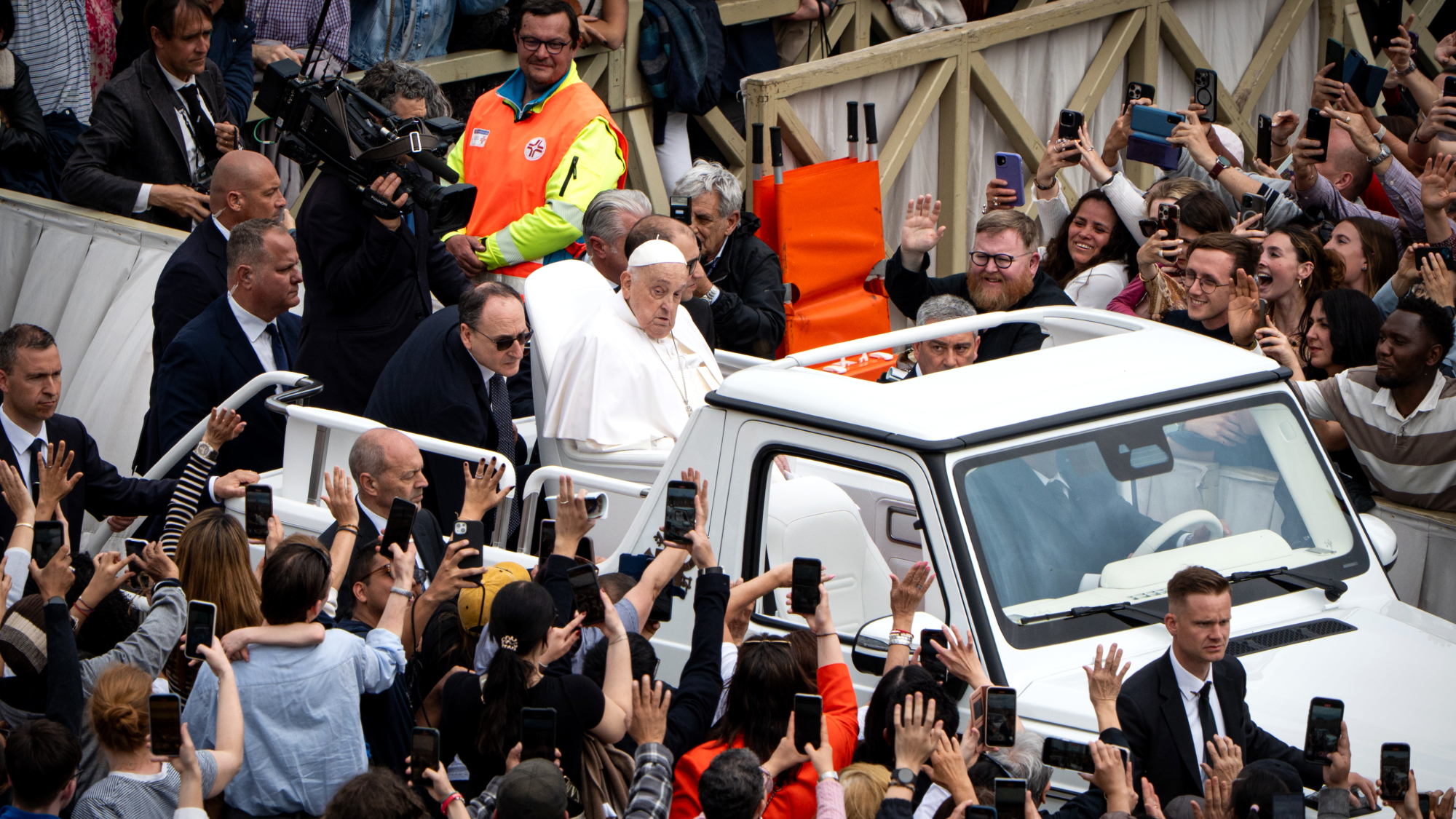 Pope Francis dies at 88
Pope Francis dies at 88Speed Read 'How much contempt is stirred up at times toward the vulnerable, the marginalized and migrants,' Pope Francis wrote in his final living message
-
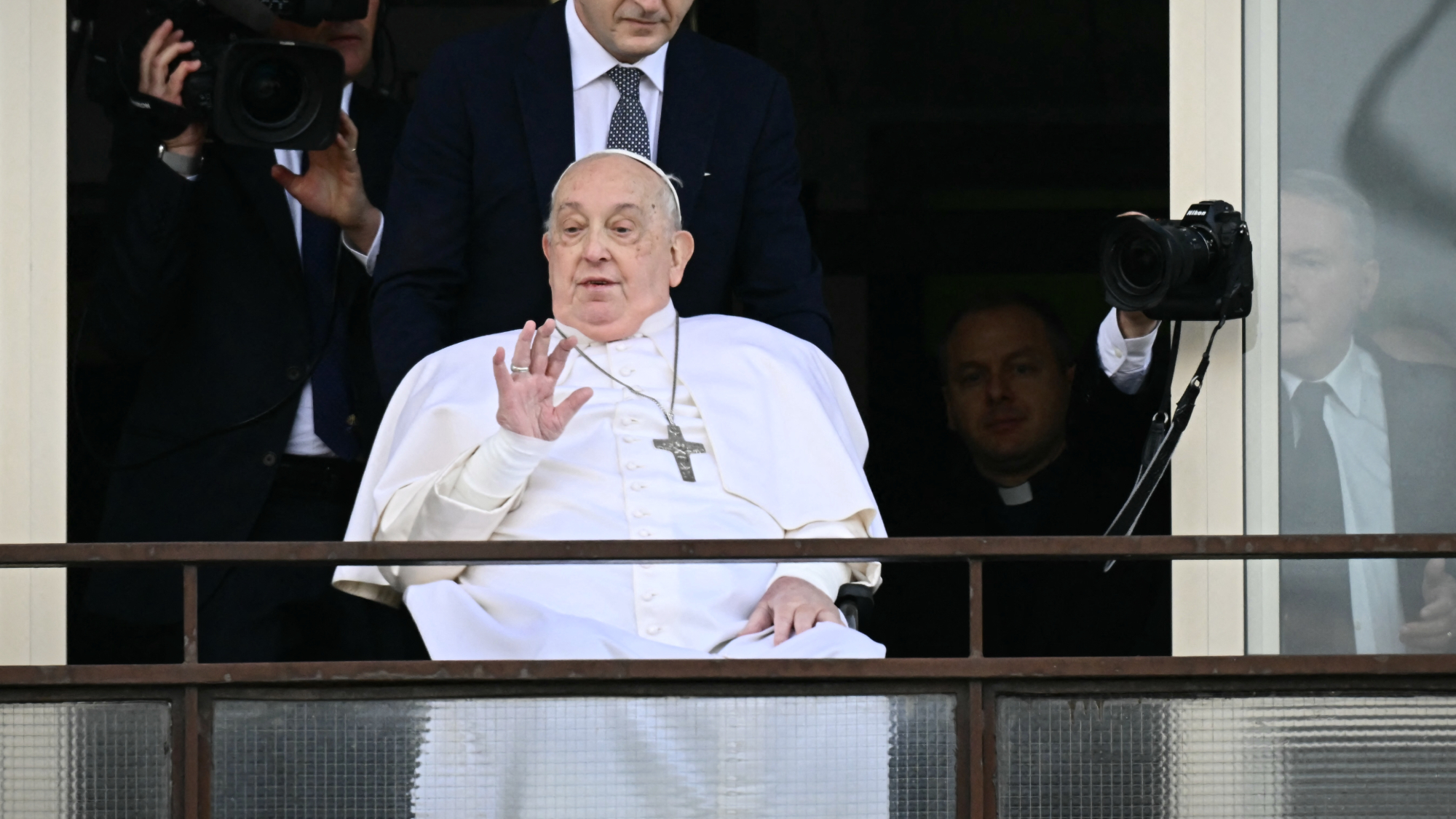 Pope returns to Vatican after long hospital stay
Pope returns to Vatican after long hospital staySpeed Read Pope Francis entered the hospital on Feb. 14 and battled double pneumonia
-
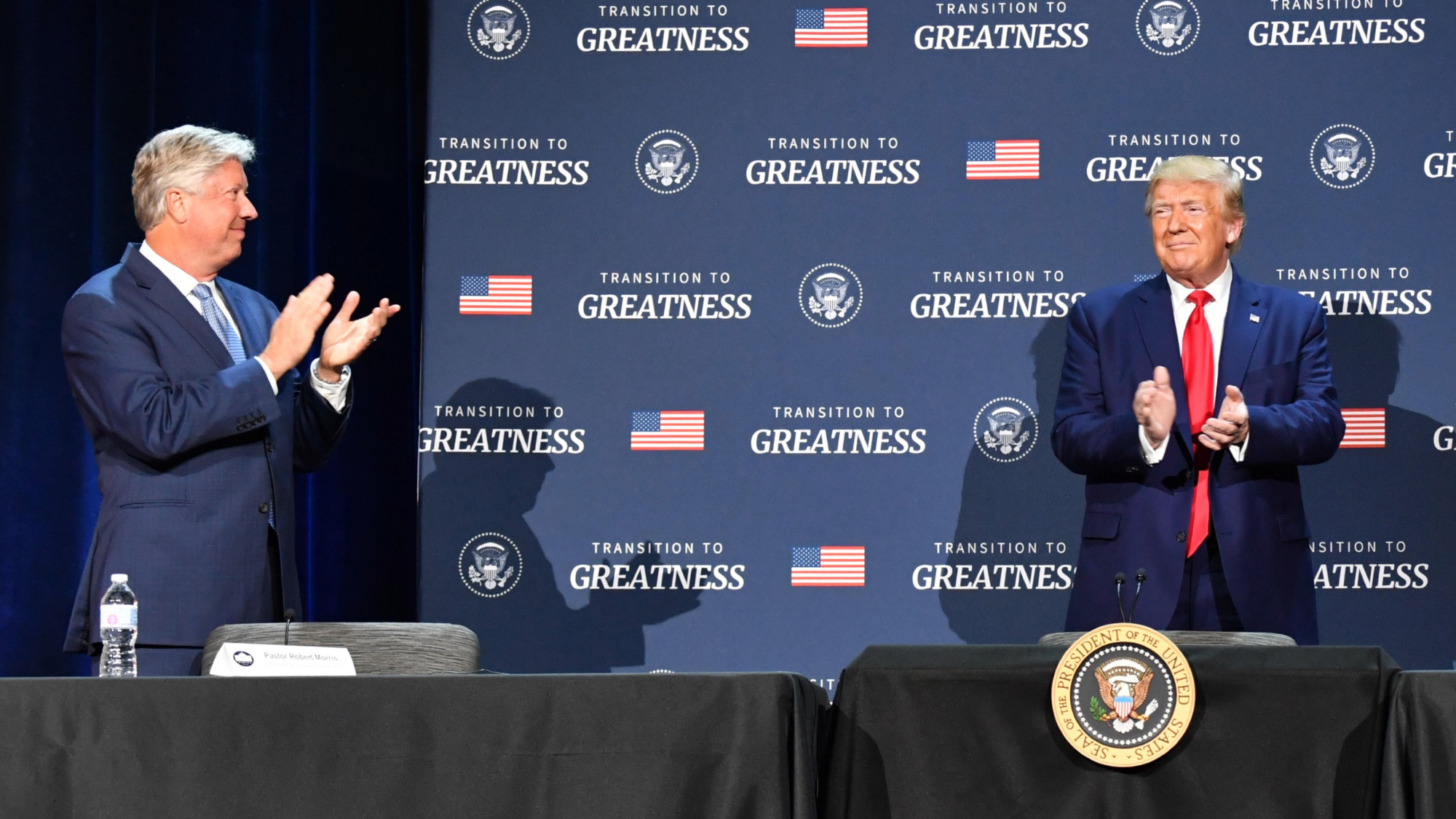 Texas megachurch founder charged with sex crimes
Texas megachurch founder charged with sex crimesSpeed Read Robert Morris, former spiritual adviser to President Donald Trump, is accused of sexually abusing a child
-
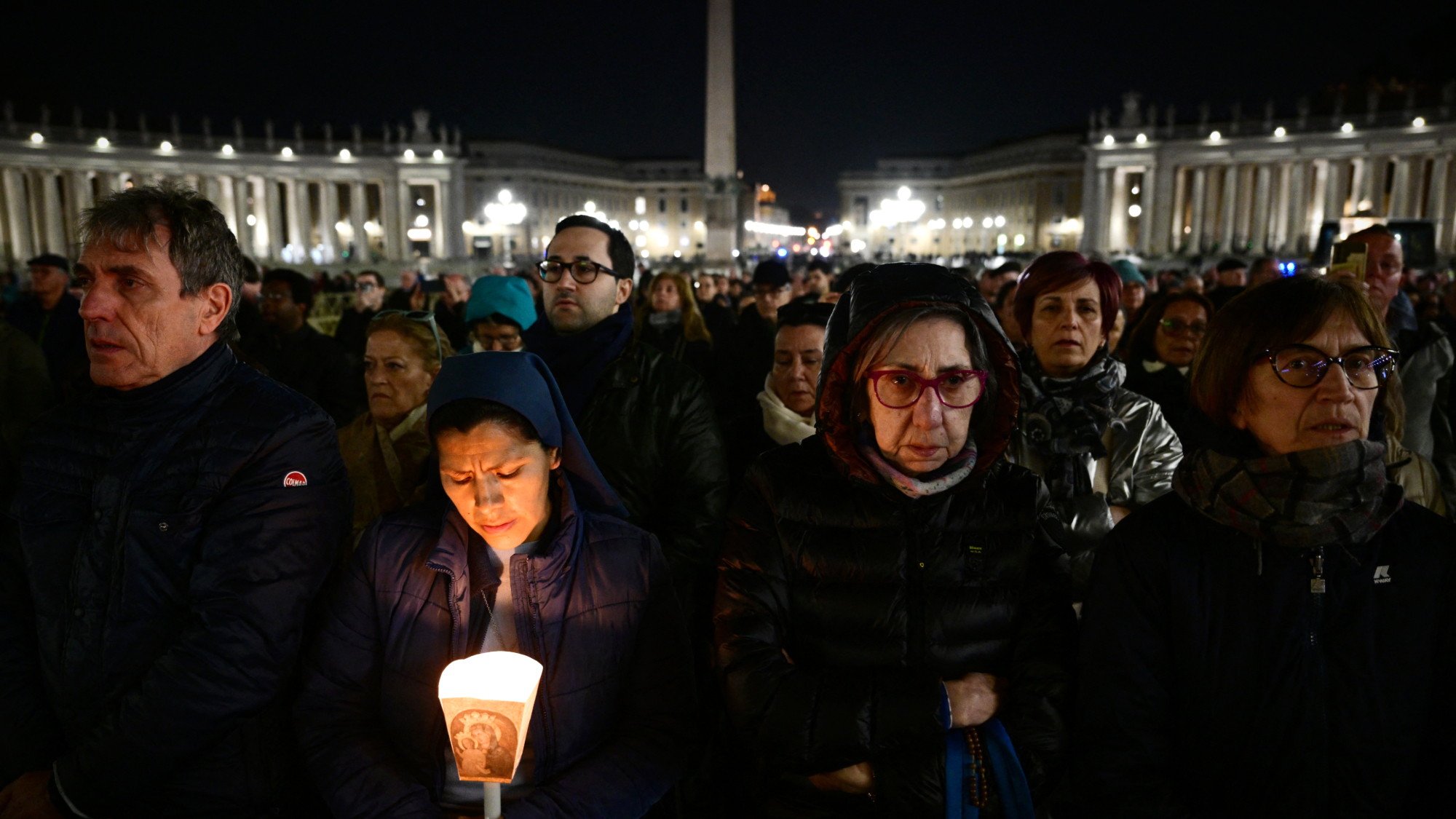 Pope Francis suffers setback with respiratory episodes
Pope Francis suffers setback with respiratory episodesSpeed Read The 88-year-old pope continues to battle pneumonia
